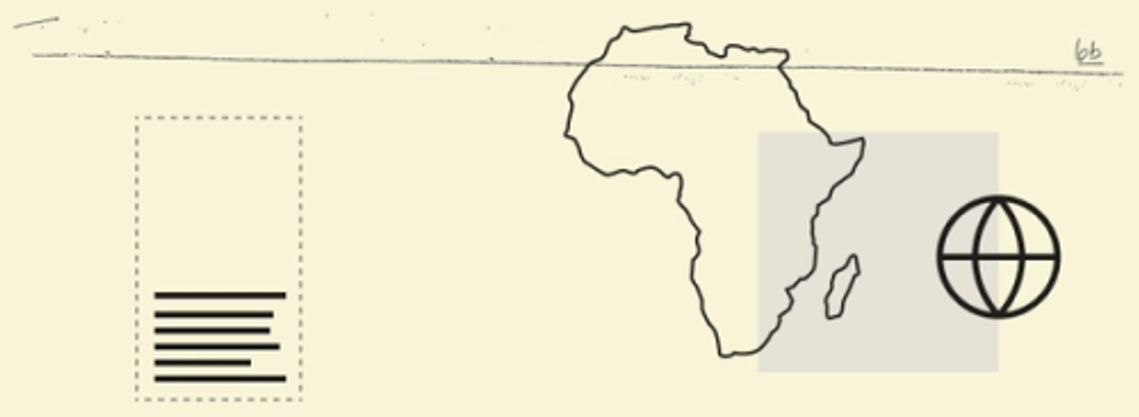  Patrice Motsepe by Marcio Machado/Eurasia Sport Images/Getty Images Patrice Motsepe by Marcio Machado/Eurasia Sport Images/Getty ImagesDeals🇿🇦 Canal+, which is owned by French media giant Vivendi, made a formal bid on Monday to buy all shares of South African broadcaster MultiChoice, which it valued at $2.9 billion. Last month, Bloomberg reported that South African billionaire Patrice Motsepe was in talks with Canal+ to join its bid, a move that could also help the French media conglomerate meet the country’s stringent Black ownership requirements. 🇪🇹 The Ethiopian Securities Exchange said it has raised the $11 million it needed to start operations after receiving offers of up to $26.6 million in new capital. 🇿🇦 South African investor Medu Capital bought a majority stake in Optron Group, whose business includes mining, engineering, and agriculture subsidiaries. 🌍 African tech startups raised $466 million in the first three months of this year, down 47% from 2023, according to Africa The Big Deal. Nearly a quarter of the total was raised by Moove, a vehicle financing startup. 🇰🇪 Kenya’s BURN raised $12 million to expand its clean cooking stove offerings in eight African countries. The investment was led by Canadian firm Key Carbon, and supported by Cartesian Capital, a New York private equity firm. Governance 🇪🇹 Ethiopia’s finance ministry said on Friday the country and the World Bank signed $1.72 billion in loan agreements to upgrade infrastructure for electricity and water supply, as well as to facilitate the movement of food to markets. 🇹🇿 Tanzania’s railway authority received electric trains purchased from South Korean manufacturer Hyundai Rotem for a line that will connect the country to Rwanda, Uganda, Burundi, and DR Congo. 🇪🇭 Western Sahara said on Sunday that France’s plan to fund projects in the disputed Sahrawi regions was a “provocative” step. The statement follows a visit by France’s foreign trade minister to Morocco last week, which considers the territory part of its jurisdiction. 🇸🇱 Sierra Leone’s president declared a national health emergency on Thursday over a synthetic drug called kush which is believed to have killed hundreds and psychologically harmed drug users in the country. Mining James Wakibia/SOPA Images/LightRocket via Getty Images James Wakibia/SOPA Images/LightRocket via Getty Images🇰🇪 Kenya has started processing permits and licenses for mining and prospecting of minerals following a four-year hiatus. The country’s mining ministry said it received about 1,500 applications. Tech🇿🇦 Africa Data Centers began constructing a 12 megawatt solar farm in Cape Town. The first phase of the project aims to power the company’s data center in the city, with a later phase expected to power two data centers in Johannesburg. |